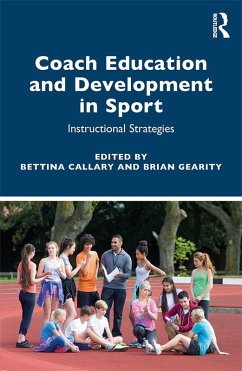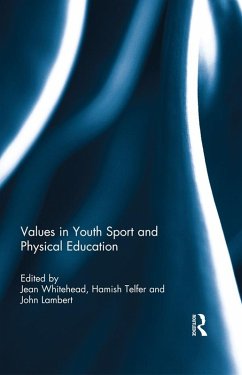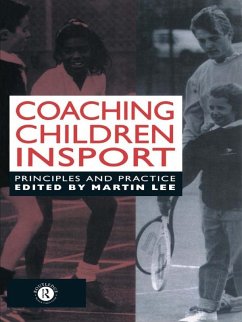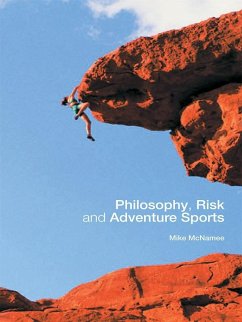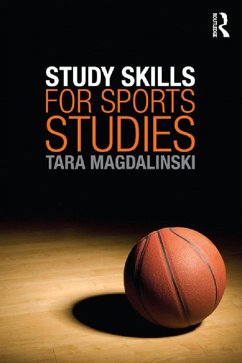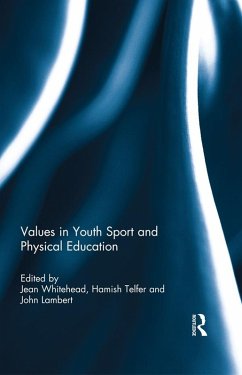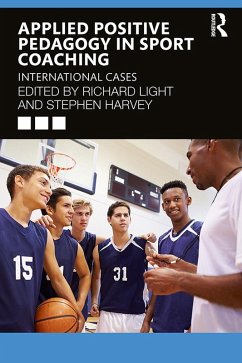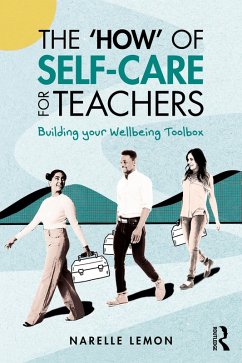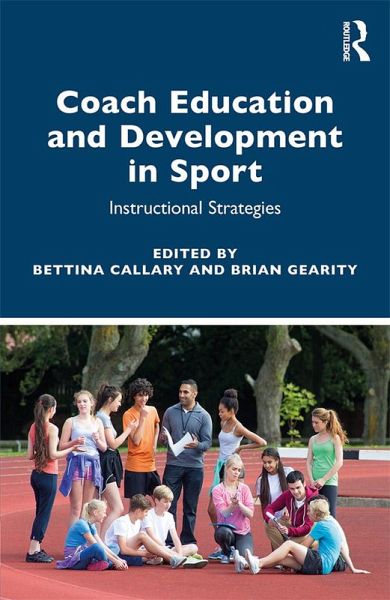
Coach Education and Development in Sport (eBook, PDF)
Instructional Strategies
Redaktion: Callary, Bettina; Gearity, Brian
Versandkostenfrei!
Sofort per Download lieferbar
44,95 €
inkl. MwSt.
Weitere Ausgaben:

PAYBACK Punkte
22 °P sammeln!
Global interest in quality sport coaching is at an all-time high, but until now, there hasn't been a go-to resource to help national governing bodies, sport organizations, or coach educators within universities to structure coach education, learning, and development. Coach Education and Development in Sport fills that gap, offering a comprehensive guide of instructional strategies used by world leaders in coach education.Each chapter is written by experienced scholar-practitioners, seamlessly integrating personal experience and insight with current research to show how and why to use an instru...
Global interest in quality sport coaching is at an all-time high, but until now, there hasn't been a go-to resource to help national governing bodies, sport organizations, or coach educators within universities to structure coach education, learning, and development. Coach Education and Development in Sport fills that gap, offering a comprehensive guide of instructional strategies used by world leaders in coach education.
Each chapter is written by experienced scholar-practitioners, seamlessly integrating personal experience and insight with current research to show how and why to use an instructional strategy in a specific context that can be adopted or adapted to fit many sport contexts. Covering essential topics such as reflective practice, social learning, online technology, diverse populations, and more, the book provides the fundamentals of tried and trusted instructional strategies to develop coaches from youth, club and collegiate sport to elite, professional, and Olympic levels. It is a complete resource for fostering coaching excellence in small- and large-scale programming, and from volunteer to part-time or full-time coaches.
Designed to stimulate ideas and provide flexible, practical tools, this book is an essential read for anybody working in sport, including coach developers, sport managers, coaches, mentors, athletic directors, sport psychology consultants, and teachers or professors.
Each chapter is written by experienced scholar-practitioners, seamlessly integrating personal experience and insight with current research to show how and why to use an instructional strategy in a specific context that can be adopted or adapted to fit many sport contexts. Covering essential topics such as reflective practice, social learning, online technology, diverse populations, and more, the book provides the fundamentals of tried and trusted instructional strategies to develop coaches from youth, club and collegiate sport to elite, professional, and Olympic levels. It is a complete resource for fostering coaching excellence in small- and large-scale programming, and from volunteer to part-time or full-time coaches.
Designed to stimulate ideas and provide flexible, practical tools, this book is an essential read for anybody working in sport, including coach developers, sport managers, coaches, mentors, athletic directors, sport psychology consultants, and teachers or professors.
Dieser Download kann aus rechtlichen Gründen nur mit Rechnungsadresse in A, B, BG, CY, CZ, D, DK, EW, E, FIN, F, GR, HR, H, IRL, I, LT, L, LR, M, NL, PL, P, R, S, SLO, SK ausgeliefert werden.




